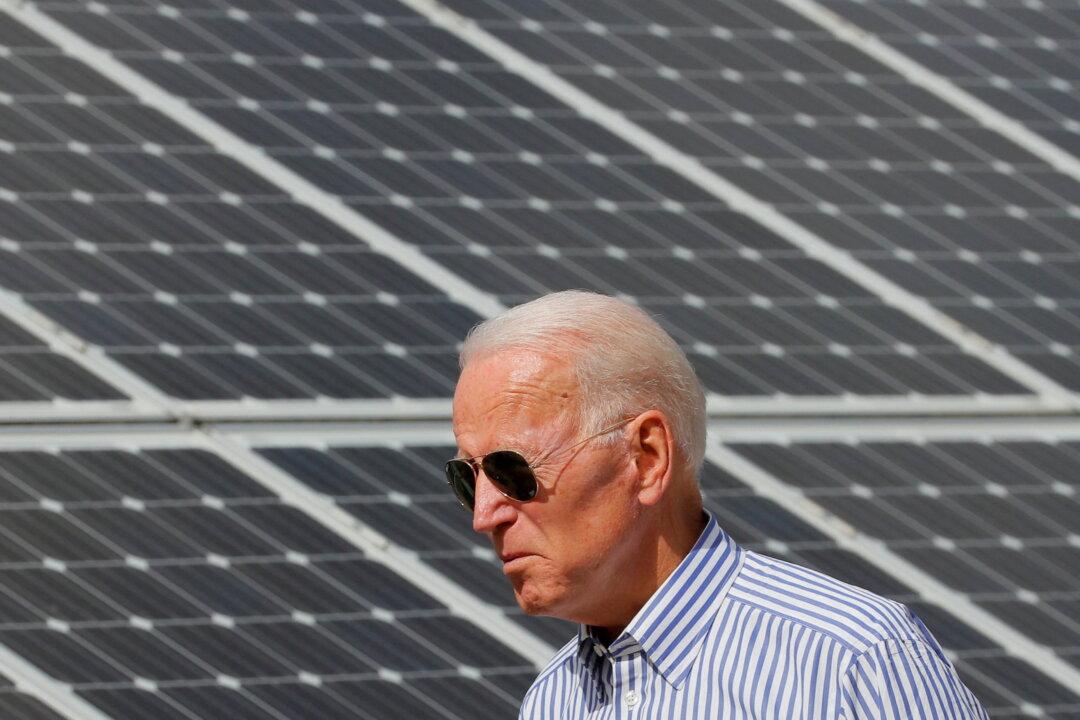The Republican Environmental, Social, and Governance (ESG) Working Group has released its interim report (pdf) highlighting several of the GOP’s policy priorities that conservative lawmakers say will “benefit all Americans, not just those seeking to push their far-left agenda.”
The group is led by Rep. Bill Huizenga (R-Mich.), the Oversight and Investigations Subcommittee chairman, and includes eight other House GOP lawmakers. It was established by House Financial Services Committee Chair Patrick McHenry (R-N.C.) in February.





